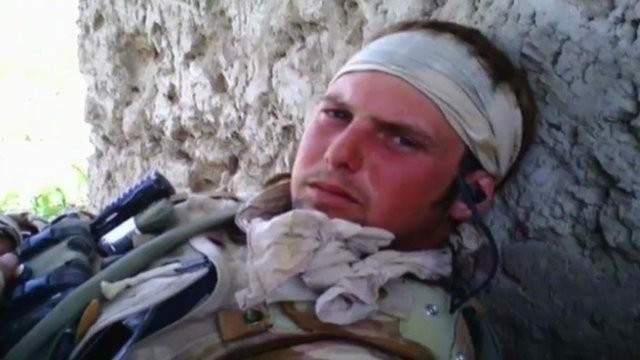British Soldier Suicides Outnumber Afghanistan Deaths in Action

More soldiers and army veterans committed suicide last year than were killed fighting the Taliban in Afghanistan.
In 2012, 21 serving soldiers killed themselves, up from 15 in 2011 and seven in 2010, according to figures obtained under a BBC Freedom of Information request from the Ministry of Defence (MoD).
In the same year, at least 29 former soldiers committed suicide. The BBC acquired this information by contacting coroners directly as the MoD, unlike the US army, does not keep a record of veteran suicides.
In Afghanistan 44 soldiers were killed in 2012, of whom 40 lost their lives in action.
Among the serving soldiers to kill themselves was Lance-Sergeant Dan Collins, 29, of the Welsh Guards, who took his life on New Year's Day last year in woods in the Preseli mountains in Pembrokeshire.
Collins had narrowly escaped being killed while on duty in Afghanistan after being hit by enemy bullets on two separate occasions and being blown off his feet by an improvised explosive device.
He had also seen an army comrade blown to pieces in front of him and was haunted by memories of having to pick up body parts.
In his suicide video, recorded on his mobile phone before he hanged himself, he said: "Mum, please don't get too upset. You've got to understand this is what I want. I've tried all the help. There's nothing seems to be working."
Collins' mother Deana called for more to be done to help soldiers traumatised by combat.
She told the Sunday Times: "Daniel was just a number to them, once he got sick, he was no use to them. All I want from the MoD is for them to say they didn't do enough and are going to learn from this, so other soldiers won't have to go through what Daniel went through."
MoD figures also showed that the number of soldiers diagnosed with post traumatic stress disorder had more than doubled in the last three years among those who served in Afghanistan.
However, experts say that the real number of those suffering from the disorder may in fact be much higher, as the symptoms, which include anxiety, depression and flashback, may lie dormant for years and remain undiagnosed until a seviceman or woman leaves the army.
The MoD claims in response that the rates of PTSD and suicide cases in the army are lower than than comparable rates in the civilian population as a whole.
It also said that while 20% of US veterans who have served in Afghanistan or Iraq get PTSD, 5% of UK veterans do.
The former head of the British army, General Sir Richard Dannatt, told the BBC he wants the suicide rate among veterans to be monitored and coroners obliged to register if a suicide victim served in the armed forces in a combat zone.
"It's pretty clear to me that it should be happening because once you have some statistics you can start to do something about it," he said.
© Copyright IBTimes 2025. All rights reserved.






















